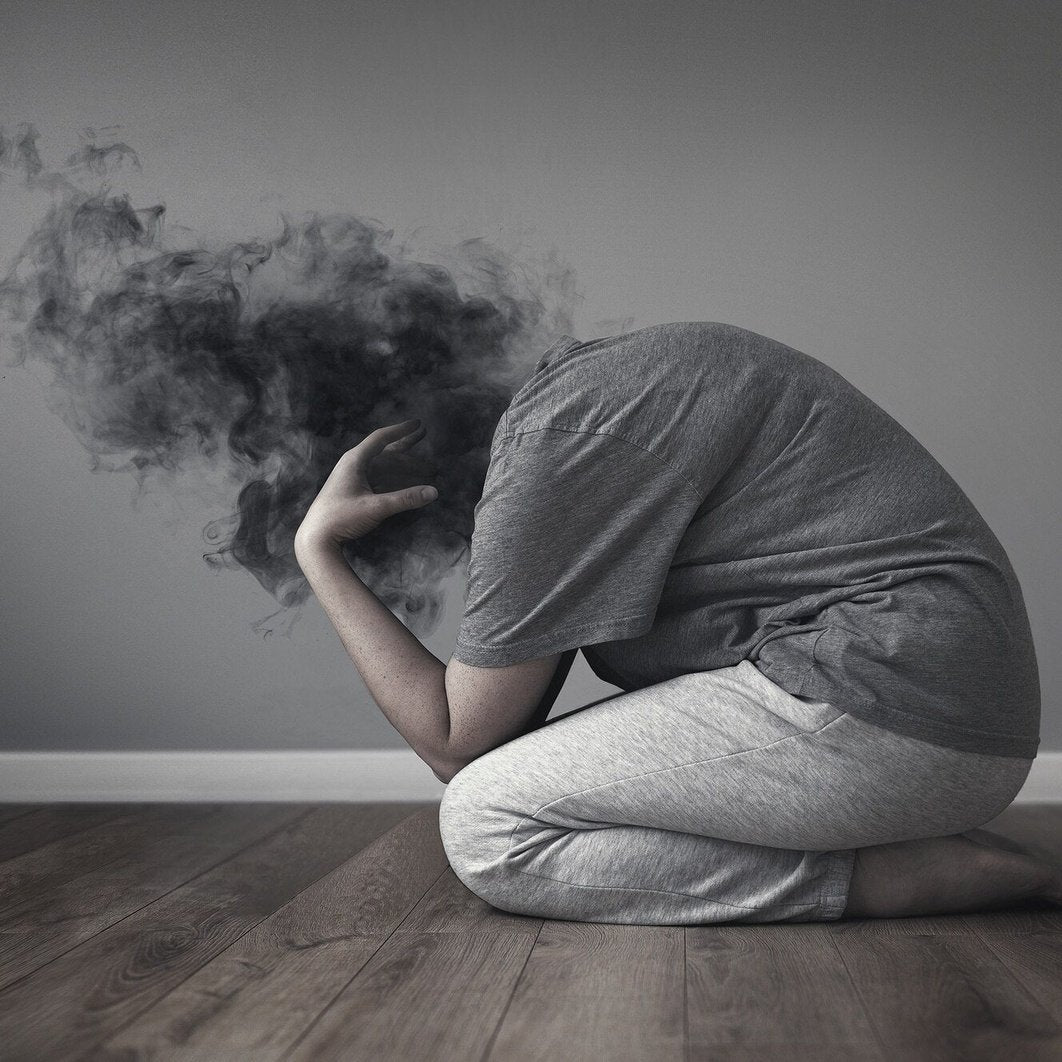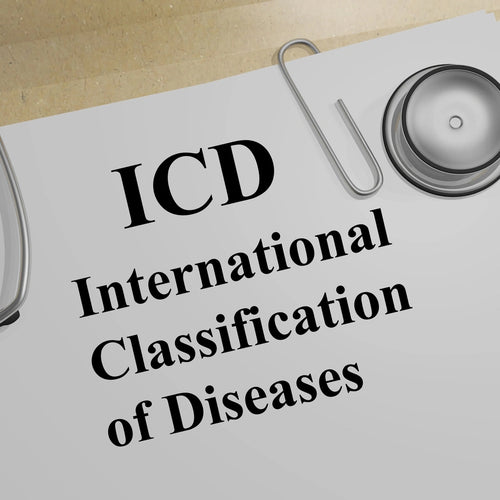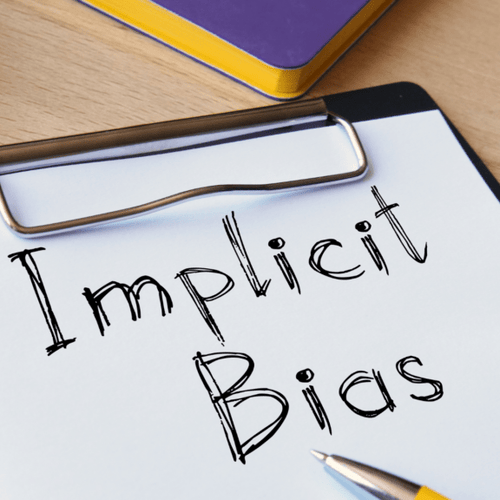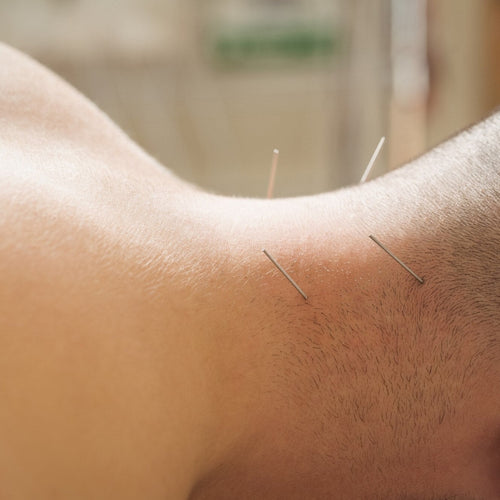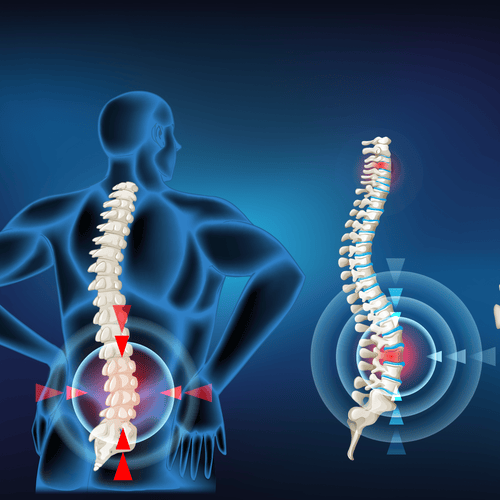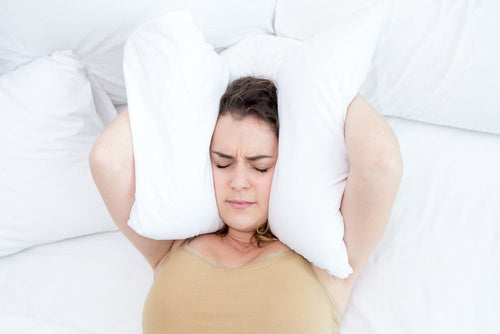Three Common Factors Contributing to Depression
1. Neurotransmitter Imbalances
Depression is often associated with imbalances in brain chemicals like serotonin, dopamine, and norepinephrine, which affect mood regulation.
2. Chronic Stress
Prolonged stress can lead to the dysregulation of the hypothalamic-pituitary-adrenal (HPA) axis, contributing to depressive symptoms.
3. Emotional Suppression
Difficulty in expressing and processing emotions can lead to their internalization, exacerbating feelings of sadness and hopelessness.
Specific Acupuncture Points for Depression Relief
Conception Vessel Meridian:
- CV-4 (Guan Yuan): Located on the lower abdomen, this point helps to tonify Qi and relieve emotional stagnation.
Heart Meridian:
- HT-7 (Shen Men): Found on the wrist, this point can calm the mind, alleviate anxiety, and promote relaxation.
Spleen Meridian:
- SP-6 (San Yin Jiao): Located on the inner leg above the ankle, it helps to harmonize the emotions and nourish the Spleen.
TCM Patterns and Depression Relief
Liver Qi Stagnation:
Description: In TCM, depression often relates to Liver Qi stagnation, characterized by irritability, emotional suppression, and chest tightness.
- Acupuncture Treatment: LV3 (Tai Chong) and PC6 (Nei Guan) to soothe Liver Qi.
- TCM Formulas: Xiao Yao San to regulate Liver Qi and nourish Blood.
- Dietary Suggestions: Foods that move Liver Qi like lemon, chamomile tea, and leafy greens.
Heart and Spleen Deficiency:
Description: This pattern may manifest as sadness, lack of enthusiasm, and poor appetite.
- Acupuncture Treatment: HT7 (Shen Men) and SP6 (San Yin Jiao) to tonify Heart and Spleen.
- TCM Formulas: Gui Pi Tang to tonify Spleen Qi and nourish Heart Blood.
- Dietary Suggestions: Foods that strengthen Heart and Spleen like oats, chicken, and brown rice.
Kidney Yin Deficiency:
Description: In this pattern, depression may be accompanied by feelings of fear or anxiety, night sweats, and a dry mouth.
- Acupuncture Treatment: KI3 (Tai Xi) and HT6 (Yin Xi) to nourish Kidney Yin.
- TCM Formulas: Liu Wei Di Huang Wan to replenish Kidney Yin.
- Dietary Suggestions: Foods that nourish Yin like goji berries, black sesame seeds, and tofu.
Depression is a complex and multi-faceted condition that requires a comprehensive approach to treatment. Research, including studies published in the Journal of Alternative and Complementary Medicine, has shown that acupuncture can have a positive impact on depressive symptoms1.
By understanding the TCM patterns associated with depression and utilizing specific acupuncture points, practitioners can offer a complementary and holistic approach that addresses the emotional and energetic imbalances contributing to this condition. For individuals grappling with depression, acupuncture may offer a ray of hope and a pathway toward finding emotional equilibrium and healing.
Footnotes
- Smith, C. A., Hay, P. P. J., MacPherson, H., Zaslawski, C. J., & Wang, L. P. (2018). Acupuncture for depression. Cochrane Database of Systematic Reviews, (3).

